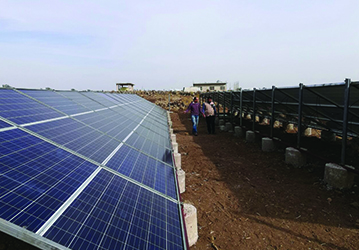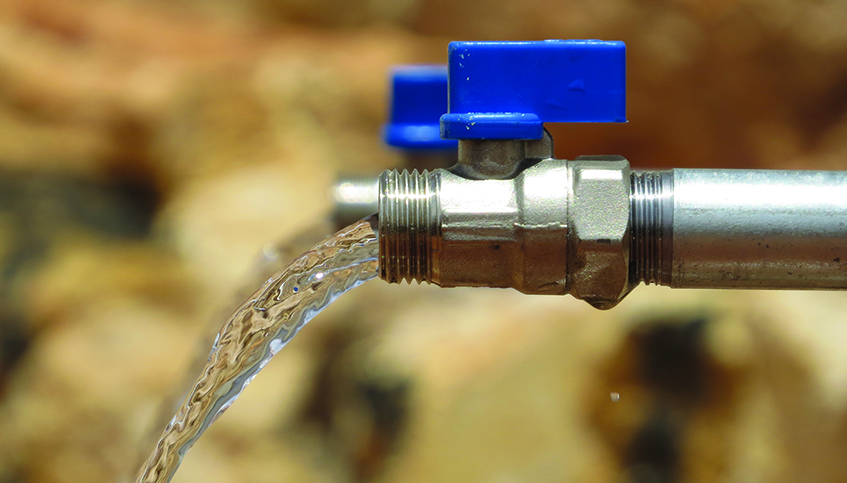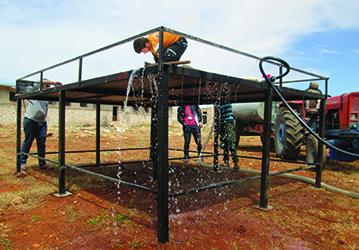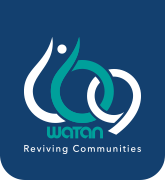Water Sanitation Program

The WASH program works on providing clean water for drinking, cooking and personal hygiene in order to maintain a healthy life and reduce the transmission of water-borne diseases.
Issues related to environmental sanitation where there are provisions for latrines and to develop and promote the prevention of ill health through awareness-raising. Requirements for personal hygiene and waste removal are some basic services provided to beneficiaries.
PROGRAM MISSION:
Providing assistance to vulnerable families to ensure access to usable water in a clean environment with improved sanitation and hygiene with sustainable and stable interventions.


AREAS OF EXPERTISE:
-
Water and Sanitation Interventions: Provide intelligent interventions to ensure sustainable access to water and sanitation facilities processed through improved resource management.
-
Create a clean and healthy environment: Cooperate with local authorities in the effective management of solid waste and the distribution of hygiene kits to maintain hygiene in families, communities and schools.
- Promoting hygiene awareness levels: Focus on key home practices, with innovative ideas to maintain effective awareness sessions.
- Adequate emergency preparedness: Plan to ensure the best response to emergencies with appropriate interventions.
PROGRAM HISTORY:
The first WASH program was implemented in November 2013, providing humanitarian assistance to IDPs and displaced families.
The distributions in the district of Al Kasrah- Deir Ezzor consisted of 2,500 water filters, 2,500 sets of hygiene kits, 2,500 sets of winter supplies, 200,000 aqua tablets and 6,600 jerry cans.
These distributions were funded by the Norwegian Refugee Council (NRC). This aid benefited 3,300 families and served as a basis for other successful allocations on a much larger scale.
In 2016, WATAN expanded its scope of work, rehabilitating the sanitation infrastructure in Mar,at al-Numan, with ACTED, and the Leishmaniasis line (between Ariha and Bennish) extending over 9 km, with the Office for the Coordination of Humanitarian Affairs.
The WASH program also rehabilitates water station in more than 20 locations, such as Aleppo and Idleb, in partnership with CARE, ACTED, World Vision and UNICEF.
PROGRAM OF PHILOSOPHY AND DIFFERENTIATION:
WATAN,s water and sanitation program has a rapid response network and when emergencies or displacement occurs, actions are taken within 48-72 hours. There are three main steps that WATAN makes:
-
Rapid needs assessment.
- Coordination with partners.
- Response.
WATAN is also working on long-term projects with sustainable results, such as supply systems, sewerage systems and solid waste management projects, including the rehabilitation of landfills. The aim is to create a healthy and clean environment in order to reduce the risks of water-related diseases and other harsh conditions.
The WASH program has implemented several sustainable projects and is currently working on projects including sewage systems andF supply systems in Daraa. WATAN,s strategy aims to create sustainable long-term outcomes in order to reach more beneficiaries.
As a result of the Syrian crisis, many water, sanitation and hygiene facilities were destroyed. WATAN has a deep understanding of the context, with sustainable and effective solutions applied by its specialized staff who have a strong coordination with local authorities and partners.
WATANs stability has enabled:
-
Implementation of sustainable projects on a large scale.
-
Working with a strong relief network to respond quickly to a large number of needy people in a short time, supported by partners and donors.
- Works in hard-to-reach areas where no one else works.
PROJECTS:
-
UNICEF WASH Project
-
acted wash project 1
- acted wash project 2
- acted wash project 3

